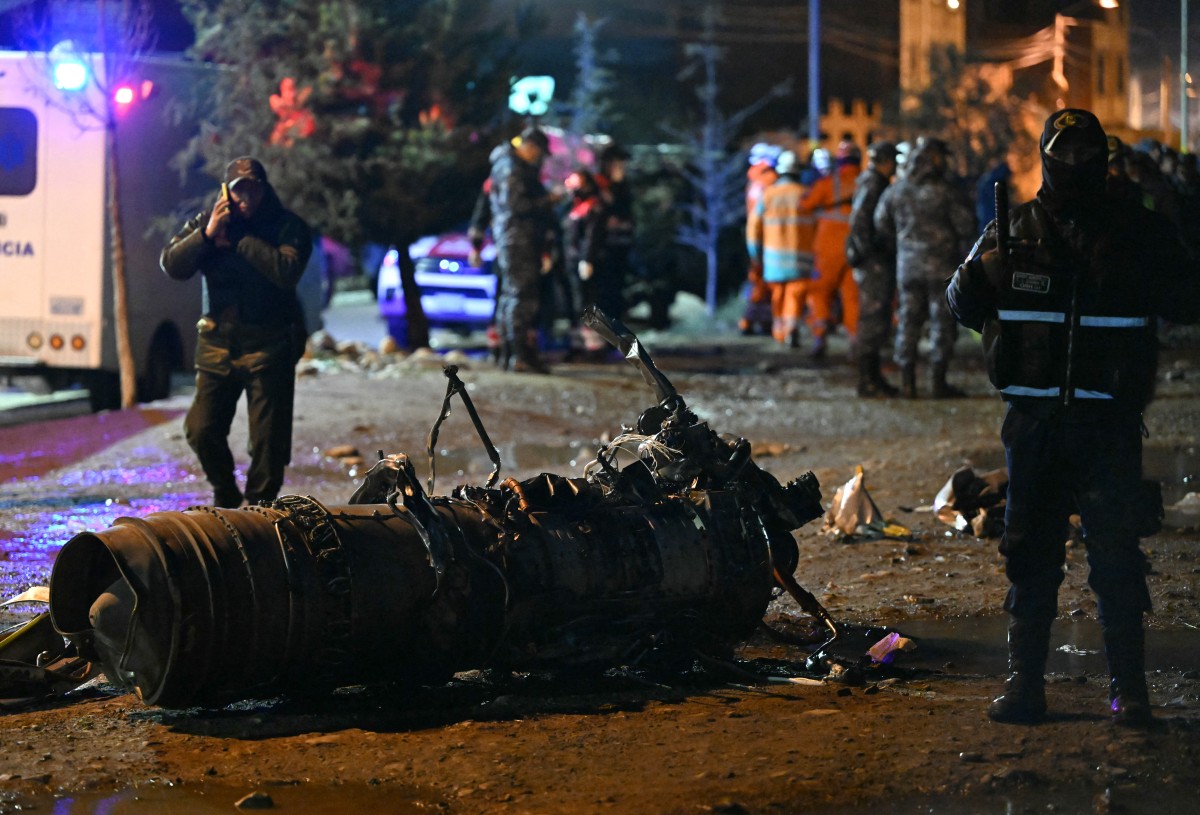India planning false-flag operation in deep sea: spox Pakistan Army
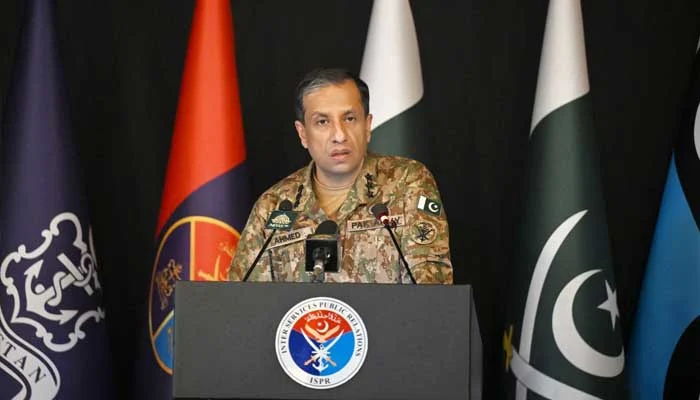
Inter-Services Public Relations (ISPR) Director General Lieutenant General Ahmed Sharif Chaudhry briefing media at the General Headquarters, Rawalpindi. — (ISPR/File)
RAWALPINDI: Director General Inter-Services Public Relations (DG ISPR) Lieutenant General Ahmed Sharif Chaudhry said that India is planning another “false flag” operation, emphasizing that this time the operation would be in the “deep sea.”
The head of the military’s media wing was speaking with journalists in Rawalpindi on Monday ahead of the Coordination Meeting of Arab-Islamic Foreign Ministers in Istanbul.
During the discussions, the spokesperson revealed that India is planning another false-flag operation in the deep sea, cautioning that Pakistan’s response would be “greater than before.”
“If India wants to do something on sea, land, or air, they can do it. Pakistan will do whatever it takes to take care of it. We are very good at taking care [of things]. And when we take care [of things], the world will see,” he remarked.
He said the international community must recognize India’s attempts to disturb regional peace through provocations and propaganda.
On Trump’s remarks
Responding to a question about US President Donald Trump’s recent remarks on nuclear weapons testing, he said that the strategy of any country is fluid, emphasizing that Pakistan will continue to carry out tests and trials as required for national security.
“The strategy of any country is fluid and always kept under abeyance, and we are not bound to make such moves public,” he said.
Counterterrorism operations figures
Regarding the ongoing operations against terrorists, the DG ISPR said that 62,113 intelligence-based operations (IBOs) have been conducted so far this year. This has resulted in the killing of 1,667 terrorists, including 128 identified Afghan nationals, he added.
During these operations, 1,073 Pakistanis embraced martyrdom, including 584 army personnel, 133 law enforcement officers, and 356 civilians.
The DG ISPR reiterated that Pakistan’s counterterrorism actions are intelligence-based and aimed at eliminating terrorism in all its forms.
Terror-crime nexus and narcotics funding
Lt. Gen. Chaudhry warned of a growing “terror-crime-political nexus” that continues to obstruct counterterrorism efforts under the National Action Plan (NAP) -- a governmental strategy launched after the Army Public School attack in 2014 to combat terrorism across the country.
He said that certain political elements and facilitators hinder operations against narcotics and terror-financing networks.
The spokesperson disclosed that security forces destroyed over 12,000 acres of poppy fields in the northwestern district of Khyber, Khyber Pakhtunkhwa province, and around 40 acres in southwestern Balochistan, adding that the profit per acre ranges between Rs1.8 million to Rs2.5 million ($6,000–$9,000).
He explained that profits from these crops are used to finance terrorism, smuggling, and other cross-border crimes. At the same time, local populations are often co-opted into these activities in return for a share of the proceeds.
He further revealed that “khawarij” (terrorists) collect “usher” — a form of tax — from locals on this illicit trade.
“When our law enforcement agencies intercept narcotics smuggling or attack these networks, they come under attack from terrorists and their facilitators,” he said.
Terror-criminal nexus in Khyber and Tirah districts
Highlighting the security situation in Khyber District and the Tirah Valley, the DG ISPR said there were 508 terrorist incidents reported in the area during 2025, resulting in 192 casualties among army, Frontier Constabulary (FC) personnel, and civilians.
He said that political stakeholders and criminal networks have “financial stakes in this illegal trade.” Whenever operations are launched, “they start campaigns against the security forces under the pretext of protecting civilian areas.”
“When we check their logistical sustenance, they attack our convoys and check-posts. Our soldiers are laying down their lives to protect the motherland,” he added.
Afghan Taliban killed in Pakistan-Afghanistan standoff
Discussing the recent border clashes between Islamabad and Kabul, the DG ISPR said that intelligence estimates confirm 206 Afghan Taliban border forces and 112 militants were killed during Pakistan’s operations.
He said that Pakistan shared real-time evidence with the Afghan regime during the Doha and Istanbul talks held recently. He added that Islamabad shared Afghan identity cards and records of cross-border infiltration attempts.
“Our position is clear. Afghan soil must not be used against Pakistan,” he stressed.
“Afghanistan needs a representative government. The people of Afghanistan are not terrorists,” he said.
The DG ISPR said that Islamabad’s stance was well-received internationally, adding that “Afghanistan’s terrorism is now well internationalized, and the country has become an epicenter of terrorism.”
No negotiations with terrorists
The DG ISPR categorically ruled out any dialogue with terrorist outfits, saying: “We will never talk to terrorists.”
He said the Afghan Taliban and Tehreek-i-Taliban Pakistan (TTP) are “closely linked,” adding that the TTP itself claims to be a branch of the Afghan Taliban.
He accused the Afghan authorities of providing human shields to terrorists and relocating them into civilian neighborhoods, which he termed “criminal.”
“If they are Pakistani, then hand them over to us. Why are Bashir Zeb (leader of the Baloch Nationalist Army), Noor Wali Mehsud, and Qari Amjad being protected? This must finish now,” he warned.
He clarified that Pakistan’s dispute is not with the people of Afghanistan but with a non-representative regime patronizing terrorism and the narcotics trade.
He also appreciated the constructive roles of Qatar and Türkiye in promoting peace and dialogue. He said Pakistan remains open to verifiable and results-oriented mechanisms but will act decisively if terrorism persists.
“Our security is not to be guaranteed by Kabul. It is in our own hands. No appeasement policy with terrorists,” he concluded.
Gaza and regional peace
Regarding the Gaza International Stabilization Force, the DG ISPR said the decision lies with the Pakistan government and parliament, reiterating that national security and the protection of citizens remain the state’s top priority.
Latest News
Pakistan advises nationals to avoid non-essential travel to Iran
30 MINUTES AGO
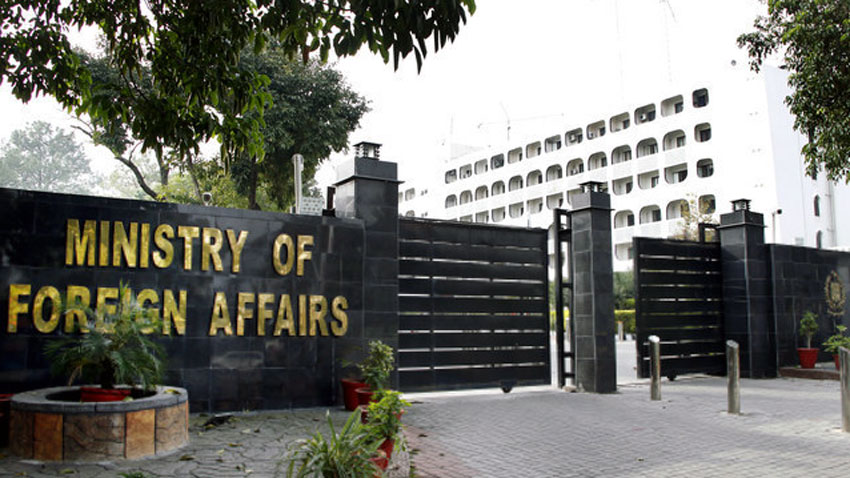
Israeli defense ministry announces 'preventive strike' on Iran
AN HOUR AGO
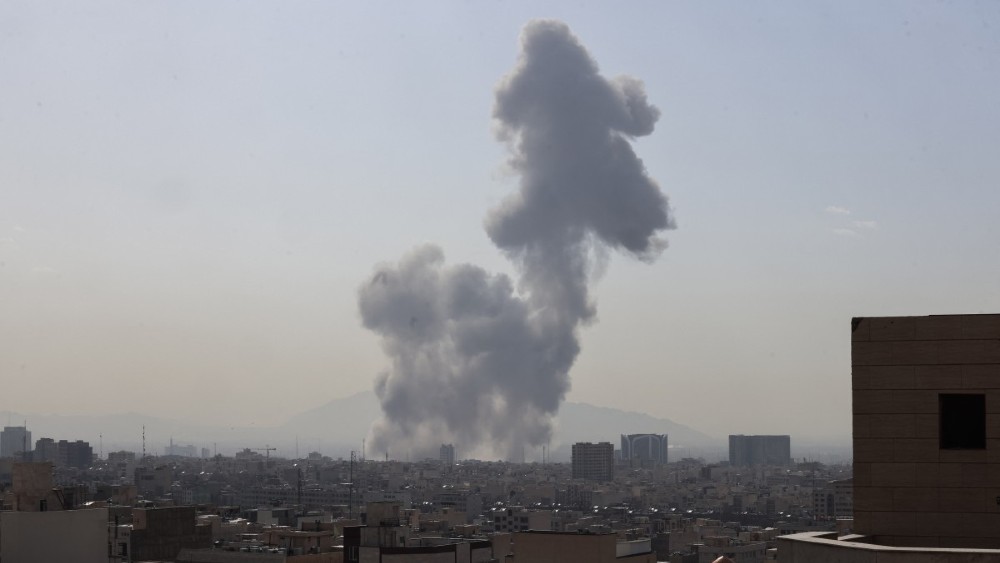
OIC to campaign for Bangladesh's UNGA bid: FM Rahman
2 HOURS AGO
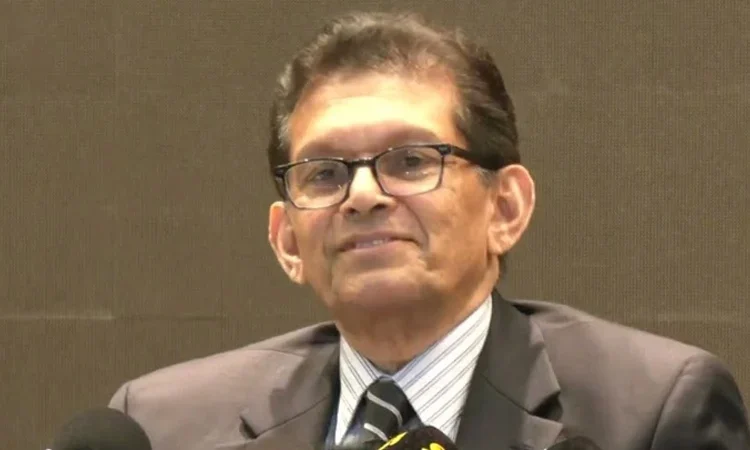
Canada says relocating some diplomatic staff from Tel Aviv
3 HOURS AGO
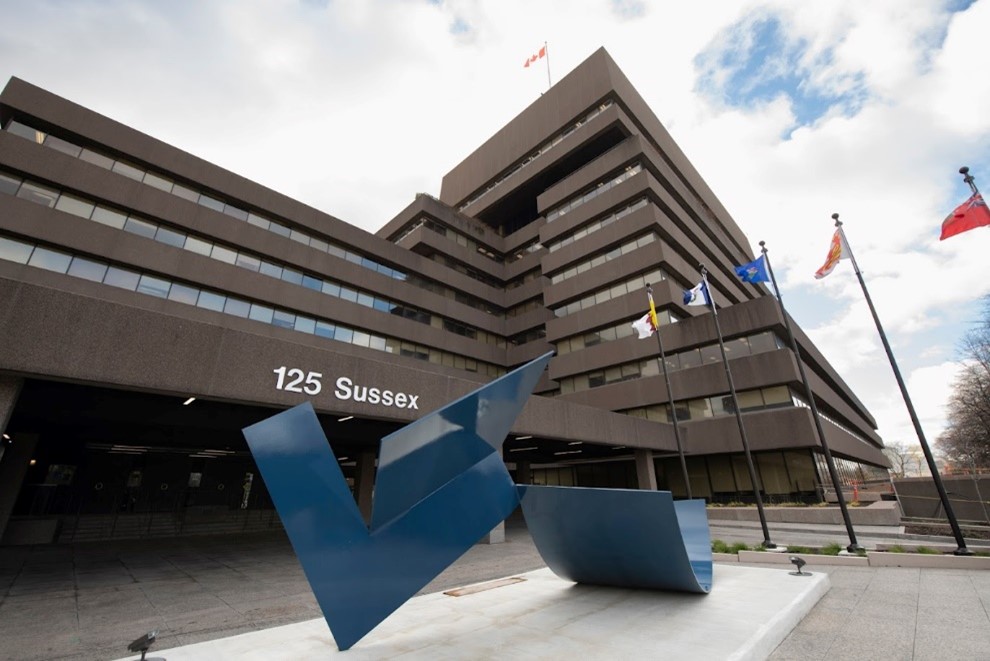
At least 20 dead in Bolivian military plane crash: firefighters
5 HOURS AGO
